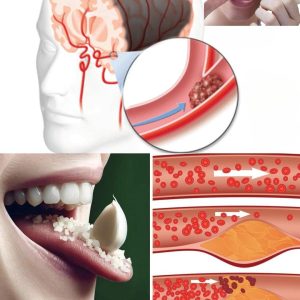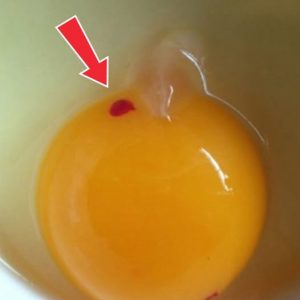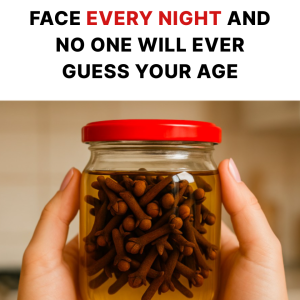
Itchy bumps on the legs are a common skin concern that can range from mildly irritating to quite painful.
These bumps may appear red, raised, or inflamed, and can stem from a variety of causes. While many cases are harmless and treatable at home, some may require medical evaluation.
Common Triggers
Dry skin, especially in colder months, is a frequent cause of small, itchy bumps as the skin loses moisture. Allergic reactions to detergents, fabrics, or soaps can also trigger similar symptoms.
Insect bites—mosquitoes, fleas, and the like—are another common culprit, often leaving small, red welts. Skin conditions like eczema or psoriasis may also result in persistent itching and bumps.

When to See a Doctor
Although many itchy bumps resolve on their own, certain signs warrant medical attention. If you experience fever, pus, swelling, or symptoms that linger beyond two weeks or worsen despite treatment, consult a doctor. Dermatologists may run tests, such as a skin biopsy or allergy screening, to identify the underlying cause and offer targeted solutions.
Recognizing Allergic Reactions
Allergies often show up as red, itchy bumps, sometimes accompanied by swelling. Triggers range from food and medications to environmental irritants like pollen or pet dander. Patch testing can help pinpoint specific allergens. Avoiding these triggers and using antihistamines can help manage symptoms. In cases of severe reactions, such as anaphylaxis, immediate medical care is essential.
Insect Bites and Prevention
Bites from mosquitoes or fleas are common, particularly in warmer seasons. Flea bites often appear in clusters around the ankles, while mosquito bites are more isolated. To minimize risk, use insect repellents, wear protective clothing, and keep your environment insect-free. Relief can be found in cold compresses or calamine lotion.

Skin Conditions
Eczema and psoriasis are notable for causing dry, scaly, and itchy patches. Eczema tends to cause inflamed, bumpy areas, while psoriasis speeds up skin cell turnover, creating scaly plaques. Folliculitis, an infection of the hair follicles, leads to red bumps that may have a white head. Treatment often involves topical creams, medications, and lifestyle adjustments.
Popular Soothing Methods
Some viral home remedies have proven useful. Oatmeal baths, created by adding finely ground oats to warm water, can calm inflammation. Aloe vera gel is another favorite, praised for its anti-inflammatory and soothing effects. While these options offer relief, ensure they’re safe for your skin type before use.
OTC and At-Home Treatments
Hydrocortisone cream and antihistamines—either topical or oral—can help ease itching and swelling. Moisturizers containing ceramides or urea work well for dry skin. Simple remedies like cold compresses, baking soda paste, or diluted apple cider vinegar may also provide fast relief, but patch testing is advised to prevent irritation.

Prevention and Skin Care Habits
Avoiding known triggers, practicing good hygiene, and keeping skin moisturized are key to prevention. Wash clothes and bedding with hypoallergenic detergents, use a humidifier in dry conditions, and wear breathable clothing. Sunscreen is also essential for protecting sensitive skin.
Lifestyle for Healthy Skin
Hydration, a nutritious diet rich in skin-friendly nutrients like vitamin E and omega-3s, and regular exercise all support healthy skin. Stress management through meditation or yoga may also help, as stress can worsen skin conditions.
Clearing Up Misconceptions
Many believe poor hygiene causes itchy bumps, but medical or environmental factors are often to blame. Another myth is that scratching helps—when in fact, it can worsen the condition. Proper understanding and treatment are crucial for lasting relief.




